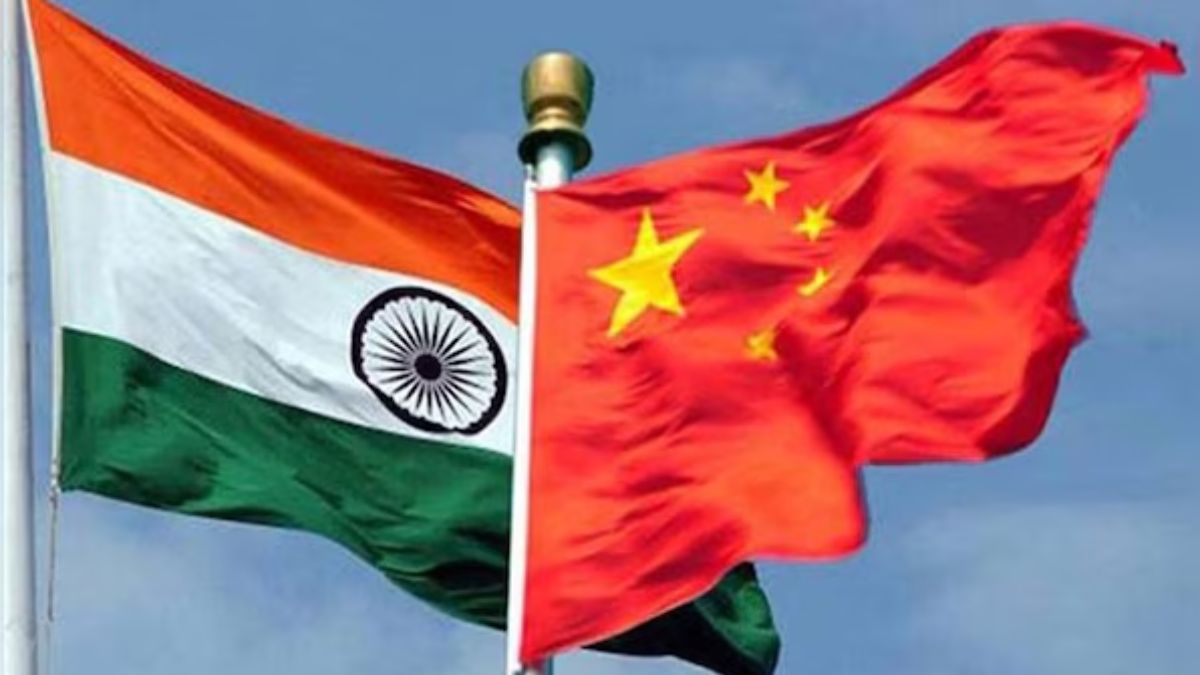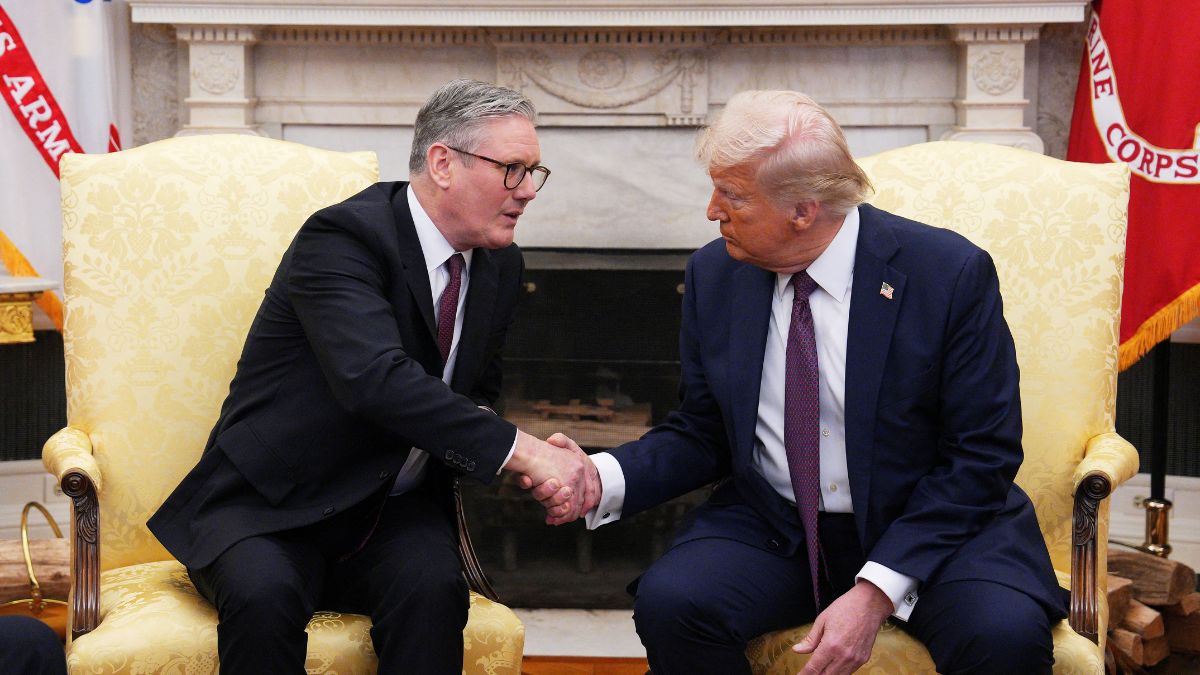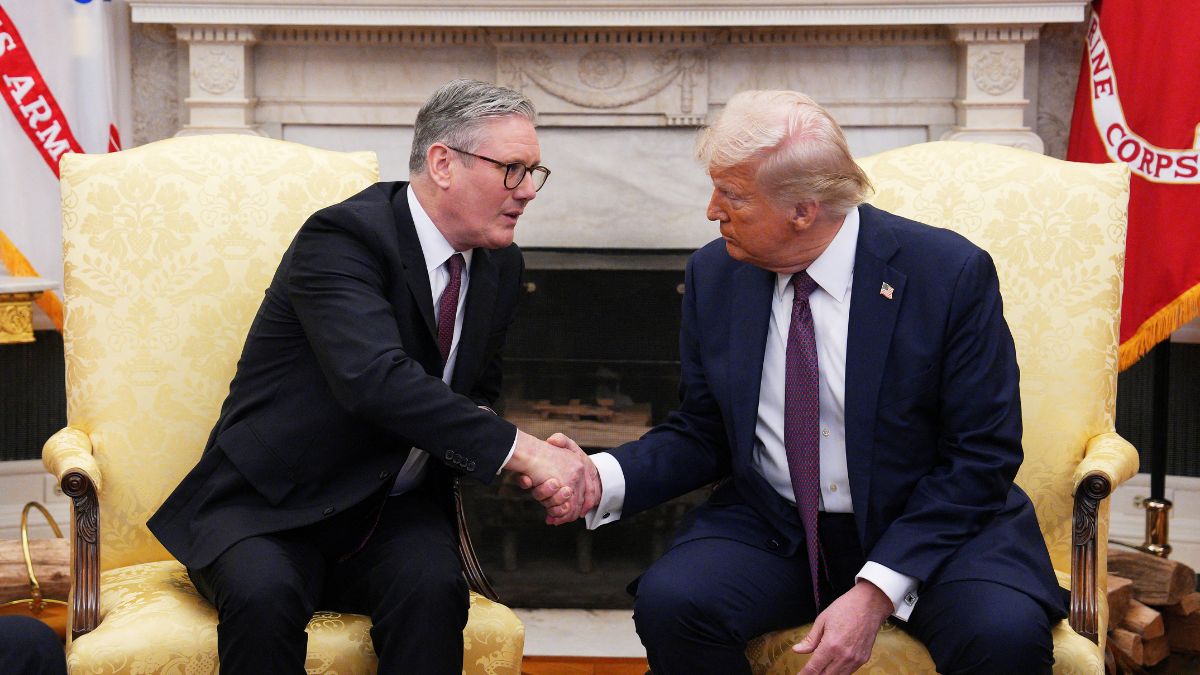As the world anticipates Trump’s reciprocal tariffs, China on Tuesday said that it is willing to buy more products from India to balance trade.
China’s Ambassador to India, Xu Feihong, said, “We are willing to work with the Indian side to strengthen practical cooperation in trade and other areas, and to import more Indian products that are well-suited to the Chinese market.”
Feihong’s announcement came as Chinese President Xi Jinping called for greater partnership with India, saying their relationship should take the form of a “ Dragon-Elephant tango” - a dance between their emblematic animals. Today marks the 75th anniversary of diplomatic ties between the two countries.
According to India’s trade ministry, bilateral trade between the two countries reached $101.7 billion in 2023-24, with India facing a substantial trade deficit. India’s key exports include petroleum oil, iron ore, marine products, and vegetable oil, totaling $16.6 billion, based on government data.
US President Donald Trump will announce “country-based” levies on Wednesday at an event in the White House’s Rose Garden.
Last weekend, Trump said his reciprocal tariffs are expected to hit “all countries”, giving rest to speculations that he might exempt some nations from the levies.
“They’re reciprocal. So whatever they charge us, we charge them, but we’re being nicer than they were. They took advantage of us, and we are going to be very nice by comparison to what they were. The numbers will be lower than what they’ve been charging us, and in some cases may be substantially lower,” he said.
Critics warn that Trump’s strategy risks a global trade war, provoking a chain reaction of retaliation by major trading partners like China, Canada and the European Union.
Over the weekend, China, South Korea and Japan agreed to strengthen free trade between themselves.
The Wall Street Journal reported that Trump’s advisers pitched imposing a 20 percent global tariff to hit almost all US trading partners. Trump has remained vague, saying his tariffs would be “far more generous” than ones already levied against US products.
With inputs from agencies


)
)
)
)
)
)
)
)
)



